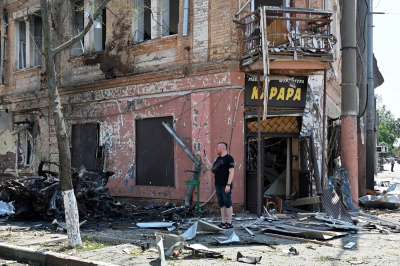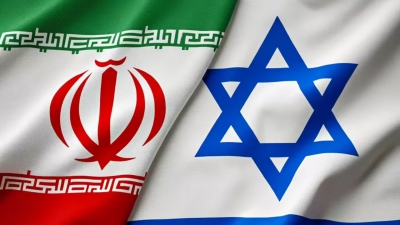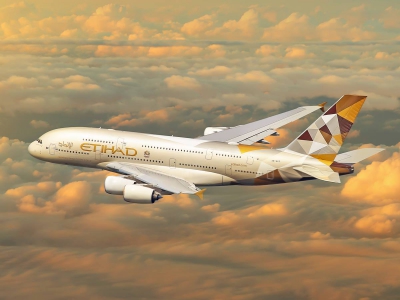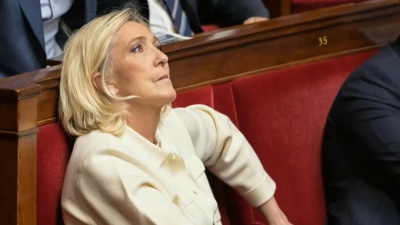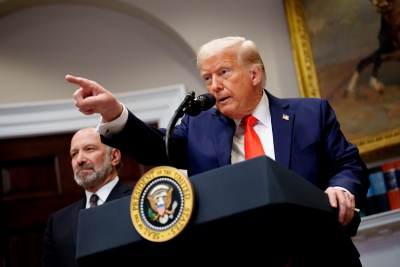
After more than three years of preparation, Russia and Iran finally signed the Comprehensive Strategic Partnership Treaty. However, judging from the specific content, Russia and Iran seem to be cooperating, leaving themselves a way out, making this treaty far less valuable than that of signed by Russia and North Korea in June last year.
According to official statements from Russia and Iran, the new treaty signed this time is an update and upgrade of the cooperation treaty between the two countries in 2001. The content of the treaty covers many fields such as economy, social development, humanities, and national defense construction.
After jointly signing the agreement, Iranian President Pezeshkian and Russian President Putin both emphasized the importance of the new treaty in developing relations between the two countries. Pezeshkian even said that the signing of the treaty will open a new chapter in Iran-Russia relations.
However, it is widely found that although cooperation in the fields of security and defense is an important part of this new treaty, strictly speaking, this new treaty is still a conventional diplomatic agreement. Russia and Iran have not in fact formed a military alliance through this treaty.

According to the provisions of this treaty, if either Russia or Iran suffers aggression from another country, the other party "may not provide the aggressor with any assistance that would help continue the aggression" and will work hard to ensure that differences are resolved on the basis of international law.
In other words, if either Russia or Iran encounters an armed attack by another country in the future, the other side may not provide military or economic assistance to the other side. It only needs to ensure that it does not side with the "aggressor", leaving a loophole for the two countries to remain neutral in the event of war.
In stark contrast, the Comprehensive Strategic Partnership Treaty signed by Russia and North Korea in June last year clearly stipulates that once one of the parties is invaded by another country, the other party needs to provide all support, including military assistance.
It is precisely because of the existence of this treaty that since the Ukrainian army invaded Kursk, some people in Russia have discussed whether North Korea should be asked to send troops. If North Korea decides to openly send troops in the future, this treaty will also be the key legal basis for North Korea's actions.

In addition, in the new treaty, Iran has not officially recognized Crimea and the four eastern states of Ukraine as part of Russia, while North Korea is currently one of the few countries in the world that explicitly recognizes these two states as part of Russia. This also reflects the gap in the relationship between Russia-Iran, and Russia-North Korea.
This situation is partly due to the fact that if Iran wants to recognize Crimea and other territories as part of Russia, Russia also needs to support Iran on the issue of the "Three Islands of the Persian Gulf" between Iran and the United Arab Emirates, and recognize Iran's sovereignty claims over these three islands that it actually controls.
However, out of considerations of maintaining relations with the United Arab Emirates and other countries, Russia, like China, emphasizes resolving island disputes through peaceful means and consultation.
Another detail is that Russia and Iran also arranged a presidential meeting this time, but when the Iranian delegation arrived at the Kremlin, Russia temporarily informed Iran that Putin was not ready for the meeting, and asked Iran to wait in the lounge or back to the hotel. Pezeshkian could only take people out of the Kremlin Palace and waited for nearly an hour before returning to attend the meeting.

Being late for meetings with dignitaries from other countries is a common tactic used by Putin to disturb his opponents' mentality and increase his advantage in negotiations. However, in most cases, this tactic is used against leaders who have poor relations with Russia. .
Putin used this trick on Pezeshkian, most likely because, although Pezeshkian finally signed the new treaty that had been negotiated since the Raisi era, Pezeshkian, as a reformist, The pro-Western attitude that he has shown since taking office made Russia believe that it needs to give this president a warning.
This also reflects the main reason why the Russia-Iran treaty has not reached the level of the Russia-North Korea treaty: There are many variables in Iran's future diplomatic strategy, and there is currently no basis for building a military alliance between Russia and Iran.
At present, the leadership of Iran's military and political affairs is still in the hands of the 85-year-old Supreme Leader Khamenei. However, after Khamenei's original successor, hardline President Raisi, died in an accidental crash, the Iranian political arena fell into turmoil. The reformists, who have always been pro-Western, have taken advantage of the victory in the presidential election to play a greater role in Iran's geopolitical issues.
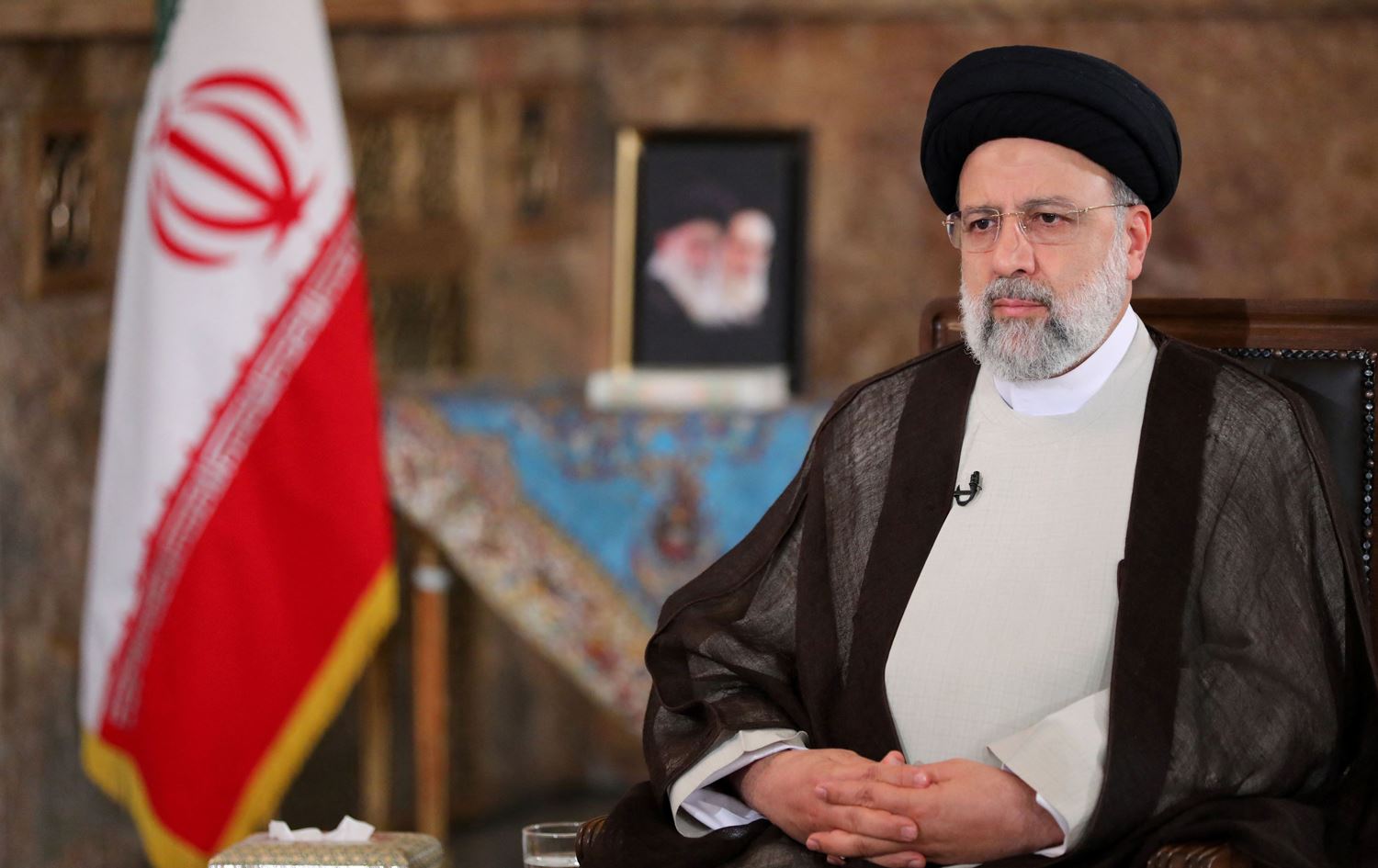
This leads to three possible scenarios for Iran’s future geodiplomatic strategy. The first is to basically maintain the status quo, actively promote the implementation of the "Look East" strategy, and at the same time try to avoid large-scale conflicts with the United States and Israel, and strive to repair the regional influence damaged after the Gaza crisis.
The second possible scenario is that under the influence of external factors such as Trump's coming to power, Iran's hard-line forces such as the Revolutionary Guards will once again suppress the reformists, and a larger-scale confrontation will break out between Iran and the United States and Israel in the Middle East. If a military alliance is now established with Iran, Russia is likely to be involved in the conflict. This should be something that the Putin government, which has not yet emerged from the quagmire of war, needs to avoid.
The third possible scenario is that the reformist forces take full advantage of Iran's increasingly serious economic and people's livelihood problems, and eventually suppress the hardliners, prompting Khamenei to agree to Iran's new attempt to comprehensively ease relations with the West. Once this happens, the alliance between Russia and Iran may be affected.
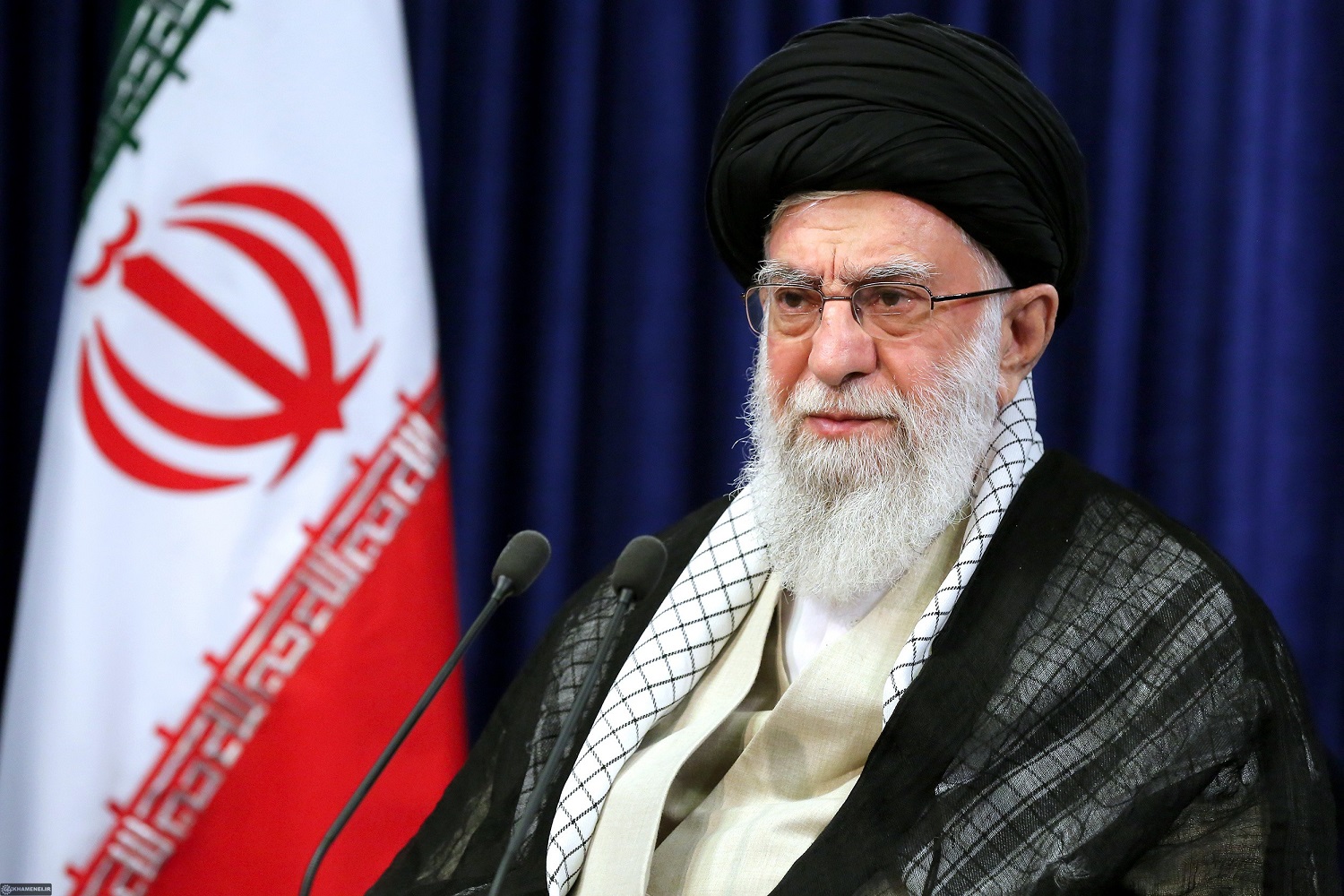
From Iran's perspective, the conclusion of a military alliance agreement with Russia will inevitably lead to greater external sanctions from the United States and other parties, which will not be conducive to Iran's ability to deal with geo-diplomatic issues more flexibly in the future. Iranian reformists, in particular, will try their best to avoid this situation.
Therefore, this treaty with security cooperation content is already the best solution for Russia and Iran to maintain bilateral relations at this stage. As for whether it is possible for Russia and Iran to conclude a military alliance similar to that between Russia and North Korea in the future, it depends on the development trend of Iran's political situation and the future changes in the overall geographical pattern in the Middle East and Europe, whether the two sides can truly have the basis for building a military alliance.




